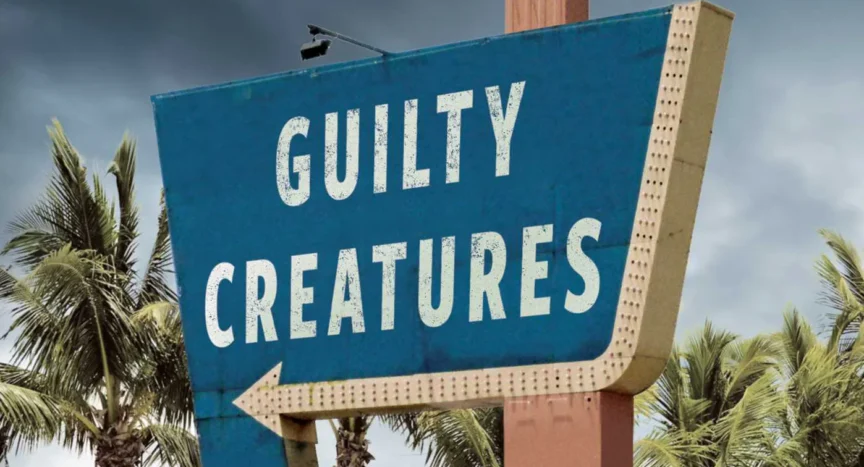When avid outdoorsman Mike Williams goes missing during a duck hunting trip in December of 2000, an intensive search by local law enforcement yields little evidence to his whereabouts. Investigators ultimately came to two conclusions: he went missing on purpose or he was eaten by alligators. It was assumed Mike, despite being a devoted husband and father, may have simply skipped town for a few days to blow off steam. Or he drowned and the alligators of Florida’s Lake Seminole disposed of his body.
But within five years of his disappearance when-seemingly out of nowhere- Mike’s widow, Denise, and his best friend Brian Winchester get married, their local community of devout Baptists couldn’t help asking questions. How long had Brian and Denise been a couple? Why was Denise discouraging Mike’s mother from cooperating with police to locate his body? Why did new evidence- in pristine condition- keep miraculously appearing when investigators would conduct another search of the lake? Did alligators even eat in the wintertime? Could the newlyweds have anything to do with his presumed death? Despite the case appearing to be one of those no-brainers, it would take another decade for the truth to come out.
Set against the vibrant and humid backdrop of Southern Florida, one might expect a suspenseful narrative that unravels the complexities of God-fearing people in moral crises overshadowed by their faith. Unfortunately, while Mikita Brottman’s almost journalistic rigor and scene setting is commendable, her latest book Guilty Creatures: Sex, God, and Murder in Tallahassee, Florida ultimately falls short as a captivating read. On top of being littered with grammatical errors, conflicting information throughout the story’s telling and a confusing choice of pacing; Brottman’s style makes for a laborious read that may even put the most vivacious of readers into a slump. The prose often comes across as flat, almost technical. And the heavy reliant on police transcripts and statistical data often interrupts the story’s narrative and manages to dilute the case’s most shocking details. While Guilty Creatures does offer valuable insights into the ripple effect murder has on such a religious community, it is unlikely to resonate with the average true crime reader looking for thrill and drama. In a genre that thrives on emotional connection and storytelling, Brottman’s effort feels more like a checklist for a book report than a heartfelt exploration into the betrayal and murder of Mike Williams.
Despite being a bit dry and its previously mentioned short comings Guilty Creatures is an ambitious addition to the vast landscape of true crime. Brottman’s exploration into the psychological aspects of the killers made for a surprising breath of fresh air. For readers specifically looking for information on this case, those who are local to the Tallahassee area or for those who will devour anything and everything true crime- it may still be worth the read.
